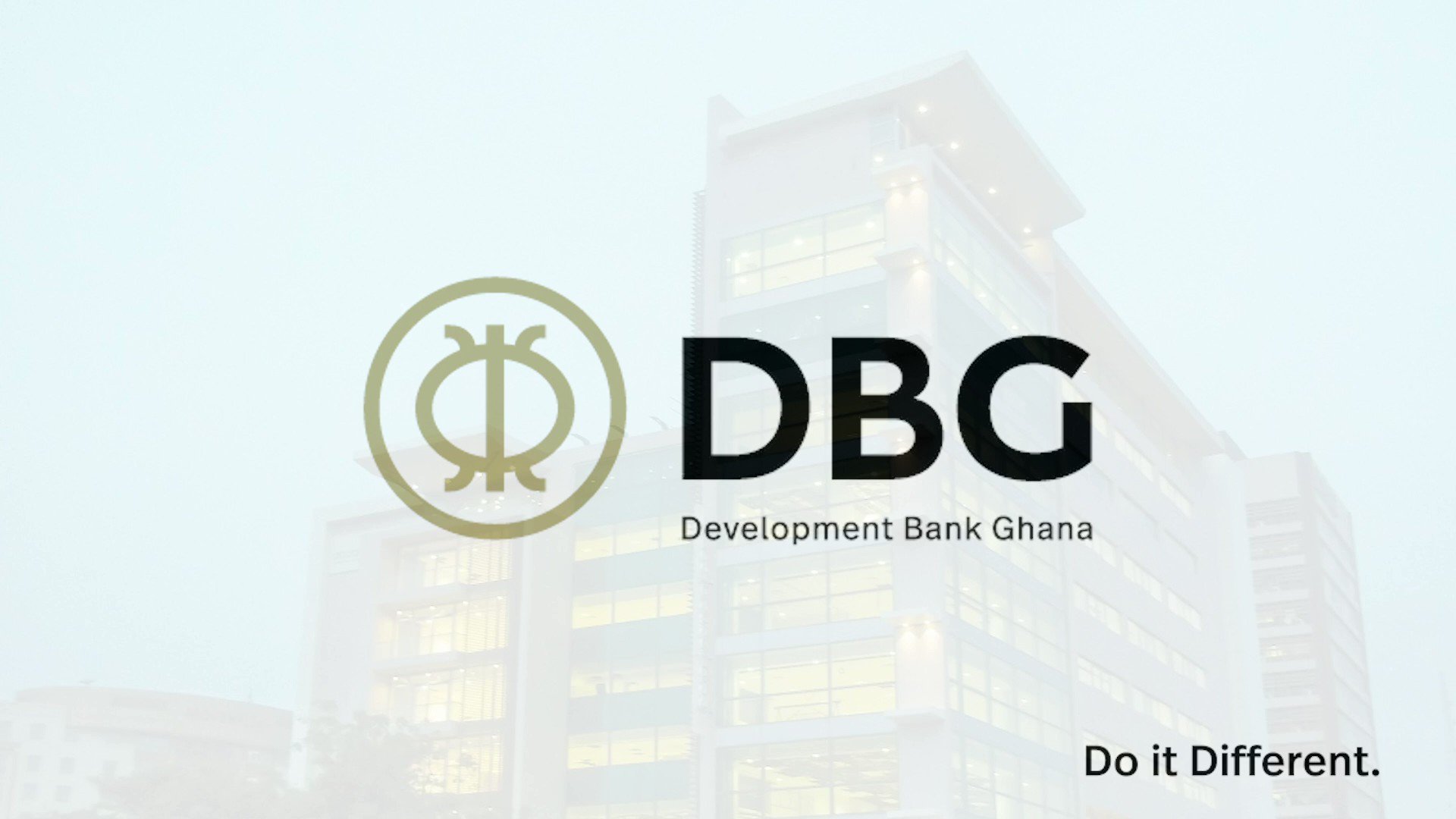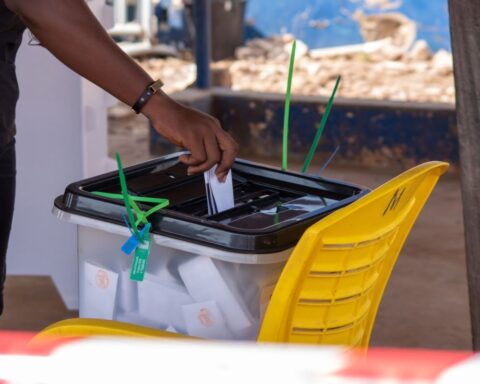In 2017, former President Akufo-Addo unveiled his “One District One Factory” initiative.
It was a bold project with the core idea of establishing at least one factory in each of Ghana’s 261 districts to boost industrial growth, create jobs, and reduce rural-urban migration.
At a launch event, the former President stated that the initiative would be a game changer for Ghana’s economy. He said:
“The 1D1F policy is aimed at transforming the structure of the Ghanaian economy from one dependent on the export of raw materials to a value-added, industrialized one”
Ultimately, the project failed to reach its full ambition due to issues including mismanagement and lack of resources.

In the lead-up to Ghana’s 2024 general elections, the opposition National Democratic Congress (NDC) introduced a bold and ambitious economic proposal: a 24-hour economy.
The proposal promised round-the-clock productivity, job creation, and economic rejuvenation.
In principle, a 24-hour economy makes sense. By extending business operations beyond the traditional 8-to-5 window, countries can improve efficiency, create more employment opportunities, and boost GDP.
But many analysts and critics had questions about the details in the policy.
On July 1st, 2025, President Mahama will officially unveil his 24-hour economy policy, dubbed “24H+” or “24-Hour Economy and Accelerated Export Development” plan.
The Labari Journal got an early look at the policy and analysed how it would be implemented, as well as outlining our general thoughts.
Analysis of the 24H+ Programme
According to the plan, the 24H+ Programme aims to transform Ghana’s economic structure from a fragmented, import-dependent system into a self-reliant, export-competitive, 24-hour economy.
It plans to restructure how Ghana produces, distributes, and adds value to its resources.
It also aims to create at least 1.7 million quality jobs in 4 years and over 5 million by 2034.
The key drivers in this policy include:
- Integrated value chains that link agriculture, manufacturing, logistics, finance, and human capital.
- 24-hour productivity model supported by enabling infrastructure, workforce shifts, and policy reforms.
- Structural transformation, which would target root causes like import dependency and underutilised capacity.
Eight Crucial Pillars For Success
The policy outlines eight key pillars for the successful implementation of the program:
- GROW24 (Agriculture) – Focus on agroecological parks (“Agbleduwo”) and transform the Volta Basin into a breadbasket.
- MAKE24 (Manufacturing) – Focus on boosting strategic manufacturing in agro-processing, textiles, and construction materials.
- BUILD24 (Construction) – Focus on localising construction inputs, upskilling workers, and digitizing permitting processes.
- SHOW24 (Culture, Arts, Tourism) – Focus on positioning Ghana’s creative and cultural sectors as economic drivers.
- CONNECT24 (Logistics & Markets) – Focus on building structured aggregation systems, cold chains, and digital market access.
- FUND24 (Finance) – Focus on the use of Special Purpose Vehicles (SPVs) and blended finance to build infrastructure and support cooperatives.
- ASPIRE24 (Human Capital) – Focus on digital skills, mindset transformation, and workforce development.
- GO24 (Civic Commitment) – Focus on fostering national alignment through citizen mobilisation, public sector reform, and enabling regulations for 24/7 operations.
What The Policy Hopes To Produce
The 24H+ programme expects to achieve some of the following objectives:
- Increase manufacturing from 12% to 20% of GDP.
- Reduce food and input import bills by building local capacity.
- Improve employment elasticity
- Build a digitally skilled, ethically grounded workforce.
- Create a “virtuous cycle” of productivity, affordability, competitiveness, and exports.
The policy is vague on digital transformation, the implementation of new technologies such as Artificial Intelligence, and the use of current initiatives like the Ghana Card or National ID.
Our Analysis Of The Policy
The 24H+ policy document does a good job of highlighting the country’s problems, especially emphasising over-reliance on importation and lack of industrialisation.
As stated earlier, the plan is ambitious.
It’s aiming to streamline across all Ministries, Departments, and Agencies (MDAs)/MMDAs and revolutionize the country.
However, some of the initiatives will depend heavily on the government’s ability to properly coordinate implementation, political will, and change management efforts.
Here are some of our observations of the policy:
1. Ambitious Scope vs. Institutional Capacity
The policy in itself is very ambitious and sounds good on paper.
However, there are numerous assumptions about the country’s capacity to execute on the ground.
The document leverages critical institutions such as Ghana Infrastructure Investment Fund (GIIF), Development Bank Ghana (DBG), and ministries, which will all require significant upgrades in capabilities, coordination, and accountability.

2. Insufficient Financial Detail
In the FUND24 section of the policy, the theme of “ambitious” seems to follow.
The section outlines the financing structure of the program (Eg. $1 billion+ for MSMEs) but lacks clear implementation timelines, risk-sharing agreements, or donor/private sector buy-in details.
It also places an (over) reliance on concessional finance and SPVs without clarity on sources of seed capital, which all raise feasibility concerns.
The document also fails to outline any tax reforms, revenue mobilisation, or medium-term expenditure frameworks.

3. Data Gaps and Reliance On Assumptions
The policy projects employment figures, including 1.7 million jobs by 2028 and 5.2 million by 2034.
But none of these figures are linked to sub-programme-specific outputs.
It assumes linear job creation with GDP growth, which may not account for automation (Artificial Intelligence growth) or informal sector dynamics.
Final Thoughts
All in all, the 24H+ policy is a very comprehensive national economic transformation plan Ghana has put forward in recent years.
It accurately outlines issues the country is facing and what needs to be done to fix them.
However, we’ve seen these grandiose plans before (1D1F, Vision 2020, etc). The 24H+ policy faces implementation and financing risks that could undermine its potential in the long run.
The policy is vague on digital transformation, the implementation of new technologies such as Artificial Intelligence, and the use of current initiatives like the Ghana Card or National ID.
It also does not specify any incentives for the private sector to operate 24/7. It’s just implied in the “24/7 enablement” section in the policy.
It remains to be seen if the current Mahama administration can pull this off or if this becomes another beautifully written policy document that fails to achieve its grand plan.
This article was written with the help of AI summarisation of the policy





